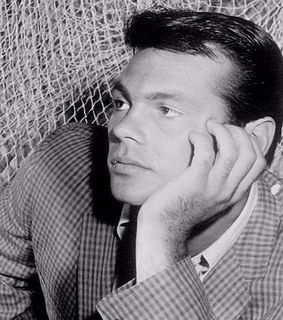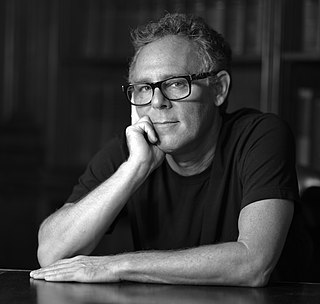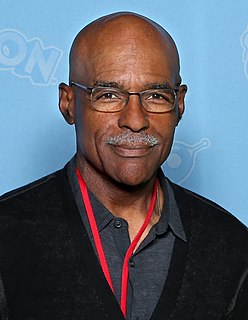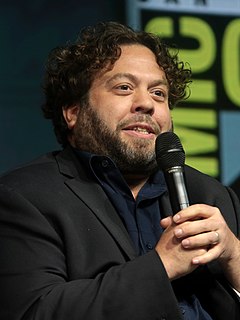A Quote by Gary Lockwood
Star Trek wouldn't die. There were a whole lot of young people who were touched by the thought process of science fiction. If you watched a cop show, there wasn't anything that was going to stimulate your mind.
Related Quotes
It was really important to try to reach a whole new audience so we had a lot of people in who not only had not seen the last film but were not Star Trek fans, or thought of themselves as not being Star Trek fans, or they had seen bits and pieces of Star Trek in the past and it was just not for them.
'Star Trek' fans totally accepted my sexual orientation. There are a great number of LGBT people across 'Star Trek' fandom. The show always appealed to people that were different - the geeks and the nerds, and the people who felt they were not quite a part of society, sometimes because they may have been gay or lesbian.
It shouldn't be so difficult to determine what a planet is. When you're watching a science fiction show like 'Star Trek' and they show up at some object in space and turn on the viewfinder, the audience and the people in the show know immediately whether it's a planet or a star or a comet or an asteroid.
Most of what I do is science fiction. Some of the things I do are fantasy. I don't like the labels, they're marketing tools, and I certainly don't worry about them when I'm writing. They are also inhibiting factors; you wind up not getting read by certain people, or not getting sold to certain people because they think they know what you write. You say science fiction and everybody thinks Star Wars or Star Trek.
There is a lot of sixties-bashing going on these days that I don't agree with at all. I feel that extremely important ideals were brought to the forefront of the collective consciousness at that time. Granted, drug use was so pervasive that our generation did not as a group have the capacity to manifest our ideals to any great extent. But many of the people who were young in the sixties and who were most touched by that collective ethos are still touched.
We're looking at a lot of race cars as inspiration for our starships. It's wonderful. It's surreal. I didn't want to be a writer. I wanted to be a Star Trek writer, so to be able to craft a new iteration of the show with new characters and a whole new adventure and whole new way of telling stories that you haven't been able to tell on Star Trek is honorable and it's a dream come true. It's hard to articulate that.


































